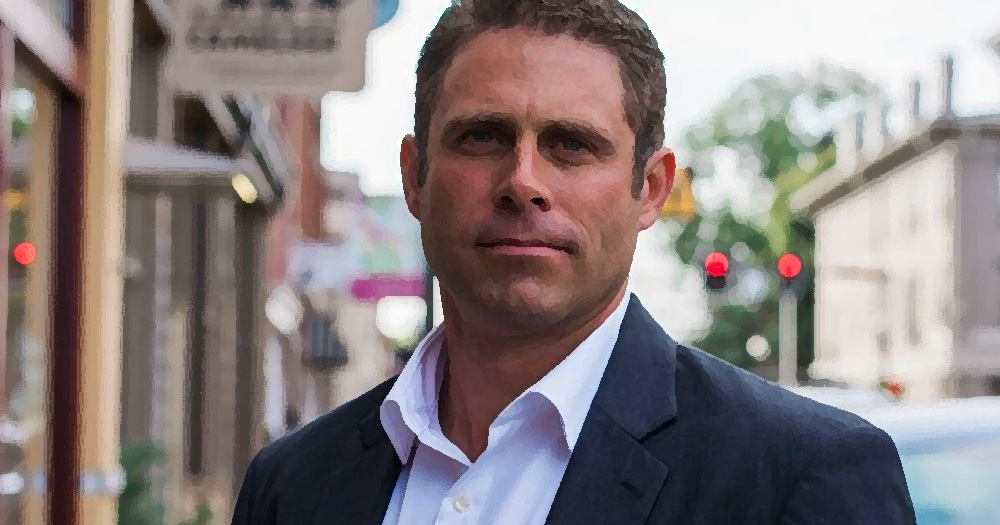Last Friday, Tim Eyman — the Evergreen State’s best-known ballot initiative practitioner — won an important court case.
But he also scuttled an amazingly impressive compromise between state legislators, police, and the proponents of Initiative 940.
The measure was written and promoted by De-Escalate Washington, a group that includes several relatives of deceased victims of recent controversial police shootings. I-940 would implement violence de-escalation and mental health training for police, and require law enforcement personnel to provide first-aid to save lives. Most likely Washington voters tell pollsters they approve.
De-Escalate Washington got the required signatures, sending this “indirect initiative” to Olympia. The Legislature was faced with three choices:
- approve the initiative as written;
- not act, letting the measure go to the ballot; or
- approve an alternative and place both proposals on the ballot.
The Legislature tried to “create a fourth option”: it passed the measure with amendments.
And that’s what Thurston County Superior Court Judge Christine Schaller found unconstitutional. She sent the measure, un-amended, to the ballot for a vote of the people.
Interestingly, those amendments were the result of negotiations among the measure’s advocates, the police, and the Legislature. There had been many congratulations all around on the “historic” compromise. But, “historic” or no, legislatures must follow the law.
Tim Eyman is pleased that the court defended the constitutionally defined initiative process by definitively siding against the backroom compromise.
And voters will still get the chance to vote on the proposal.
This is Common Sense. I’m Paul Jacob.











